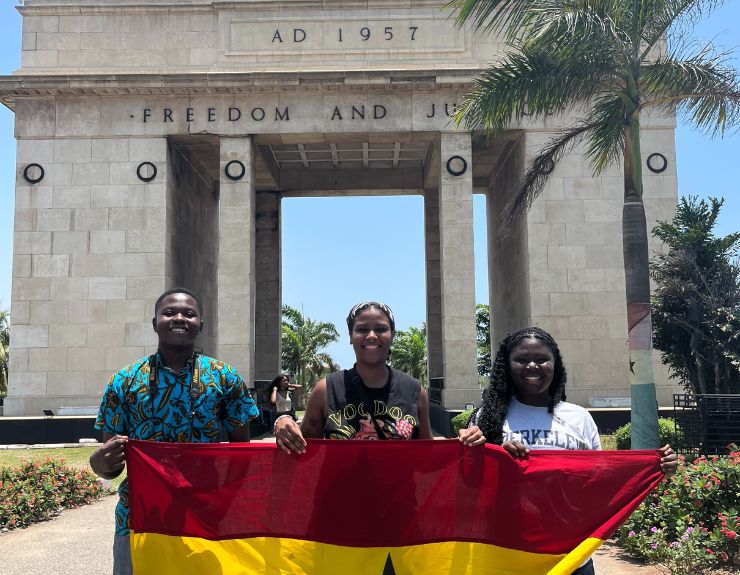
A new nationwide study from the University of Ghana has revealed deep public skepticism over the impact of the country’s oil wealth, despite more than $11.21 billion in revenue generated over the past 14 years.
The research, titled Ghana’s Oil Wealth and Regional Disparities, found that only 21.6% of respondents believe oil has been a national blessing, while a majority—53.3%—view it as neither beneficial nor harmful.
The study paints a picture of widespread disillusionment with how petroleum revenues have been utilized since production began in 2011.
Conducted under the leadership of Professor Abdul-Gafaru Abdulai, the study identifies persistent dissatisfaction with the allocation of oil revenues, especially in the context of enduring poverty and inequality.
An overwhelming 91% of participants cited inequality as a pressing national concern, calling on the government to channel oil revenue more directly into social protection programmes such as the Livelihood Empowerment Against Poverty (LEAP) and the National Health Insurance Scheme (NHIS).
The report sharply criticises the government’s implementation of the Annual Budget Funding Amount (ABFA), the statutory allocation of oil revenue for development projects.
According to the findings, the ABFA has been distributed across thousands of micro-projects—some receiving less than GHC 3,000—prioritising broad visibility rather than significant developmental impact.
“Fragmenting the ABFA among so many initiatives dilutes its potential,” Professor Abdulai warned. “We recommend a policy shift towards fewer, high-impact projects and propose the legal separation of the ABFA from the general government budget to enhance transparency and effectiveness.”
Responding to the study, Finance Ministry official Joseph Sarpong pointed to recent amendments to the Petroleum Revenue Management Act, which now mandate ABFA spending on large-scale infrastructure under the government’s “Big Push” agenda.
He stressed that these reforms aim to address the very concerns raised by the study.
The research, which surveyed 1,457 citizens across 10 districts, was funded by the Ford Foundation and is intended to inform more equitable and impactful resource governance.
As Ghana looks to the future of its oil sector, the findings pose critical questions about how wealth is shared—and whether citizens can ever truly feel the benefits.



